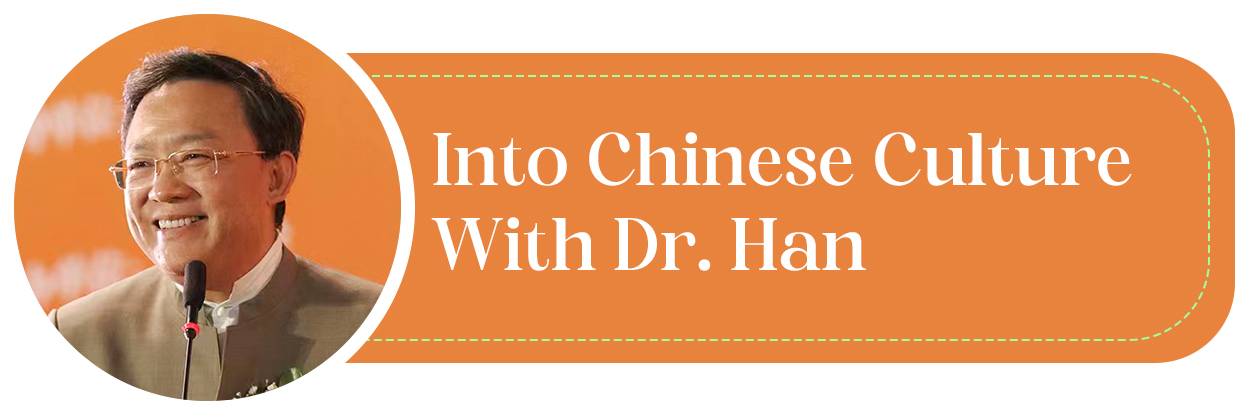'Family Instructions for the Yan Clan'
Writer: Han Wangxi | Editor: Zhang Chanwen | From: Shenzhen Daily

Today we are discussing “Family Instructions for the Yan Clan” written by Yan Zhitui, a trusted attendant to the emperor in the Northern Qi Dynasty (550-577).
The book is widely circulated and regarded as the spiritual wealth left by Yan for future generations. It enjoys the reputation of being a classic for family education, in that its rich content and unique insights are exemplary for family education. It is said that the words are concise and profound, and every sentence is a classic.
Wang Yue, a Qing Dynasty (1644-1911) official, remarked: “Yan Zhitui’s family instructions comprise 20 chapters, each chapter like medicine and each word like a guiding mirror. A copy of this book should be placed in every household, revered as a clear guide, not just for the Yan family.”
The first advice Yan gives is “early education.” This implies the early initiation of moral education and guidance. In the “Child-rearing” chapter, he writes: “In infancy and childhood, one’s mind is focused; as one matures, thoughts scatter. Early education is indeed necessary; one must not miss the opportune moment.” He also states, “Those of moderate intelligence, if not taught, will remain ignorant.”
The second advice Yan gives is “lifelong education.” Here he cites the story of Lady Wei, the mother of the chief commander Wang, who was extremely strict. When Wang led 3,000 soldiers and faced adversity in his 40s, he was still disciplined by his mother, and that was how he achieved success in his career.
During the reign of Emperor Yuan of the Liang Dynasty (502-557), there was a scholar who was talented and clever, and was favored by his father but lacked moral education. Despite excessive praise, when faced with criticism, he covered up his deceit, hoping to change on his own. Upon advancing in officialdom, his arrogance grew, and finally, due to his reckless words and deeds, he was cruelly killed.
The third advice Yan gives is “brotherhood.” He sorrowfully states: “People may be on good terms with the elite of the world, but those who lack respect for their elder siblings are indeed too numerous. People may lead tens of thousands of soldiers, gaining their devoted efforts, but lose the affection of their younger siblings; why can they deal with the distant ones so well, but not with their own kin?”
The fourth advice Yan gives is “emulation of virtuous people.” In a chapter, Yan writes: “Associating with virtuous individuals is like entering a room full of orchids — long association will make one fragrant; associating with corrupt individuals is like entering a fish market — long association will make one smelly. This is what Mozi lamented about dyeing silk.”
He continues: “A noble person must be cautious in forming friendship. Confucius said, ‘There is no point in befriending someone who is not as good as oneself.’ How could people like Yan Hui and Min Sun be common in the world? If they are superior to me, that alone is enough to dignify them.”
The fifth advice Yan gives is “encouraging diligent study.” Throughout history, wise and enlightened monarchs have always been extremely diligent. When Emperor Yuan of the Liang Dynasty was 12 and resided in Kuaiji, he had a strong passion for learning.
Despite suffering from scabies — his hands unable to make a fist and his knees unable to bend — he still diligently pursued his studies, reading 20 scrolls of historical texts in a day, without a teacher to instruct him. When he encountered unfamiliar characters or concepts, he would repeatedly read and seek understanding, never feeling weary. The prince’s remarkable dedication to his studies earned Yan’s praise in his book.
(The author is a cultural scholar.)
(Translated by Shenzhen Daily)